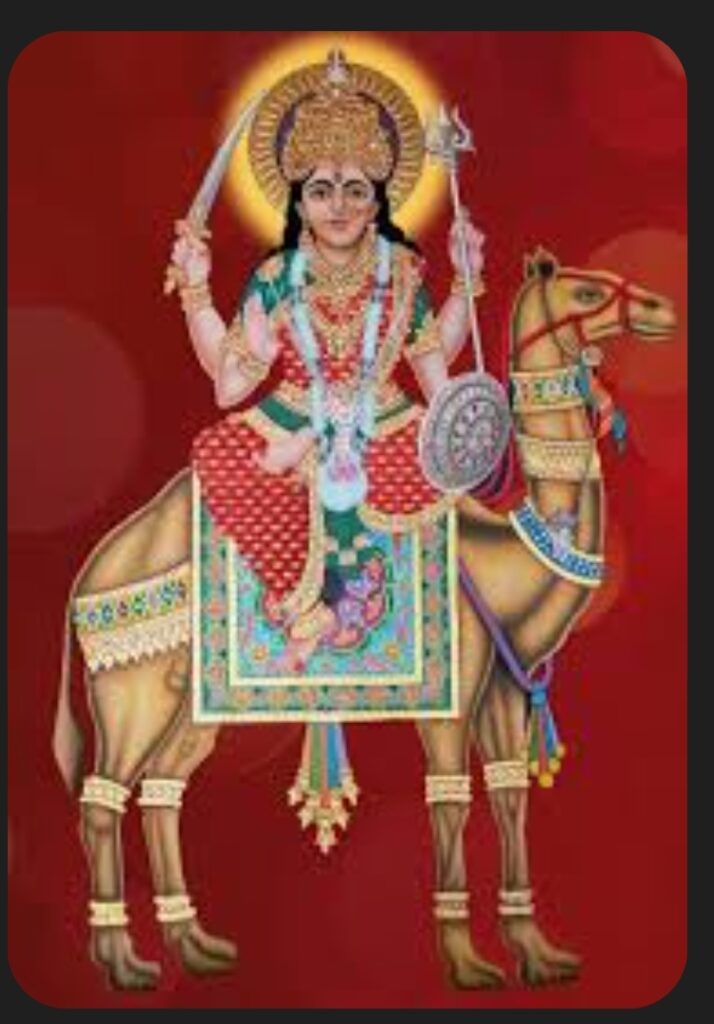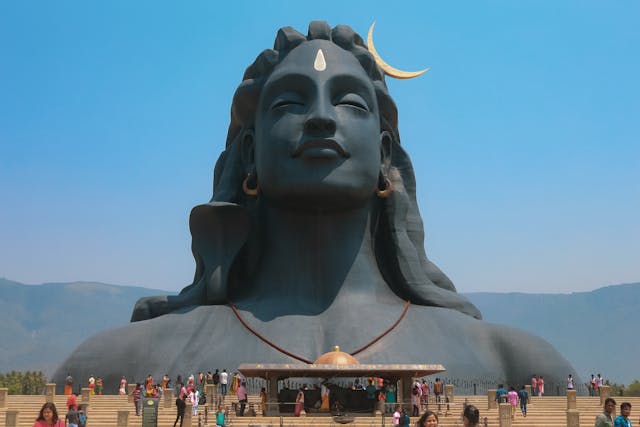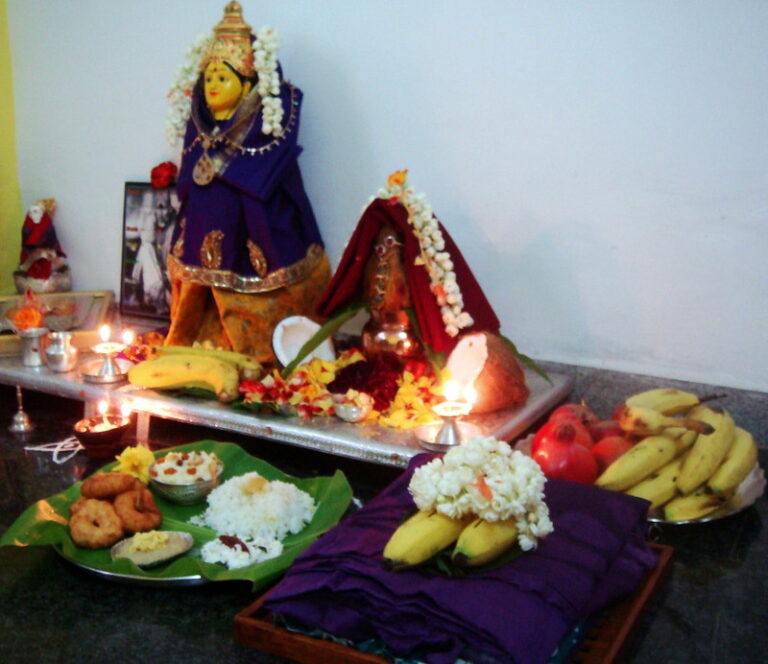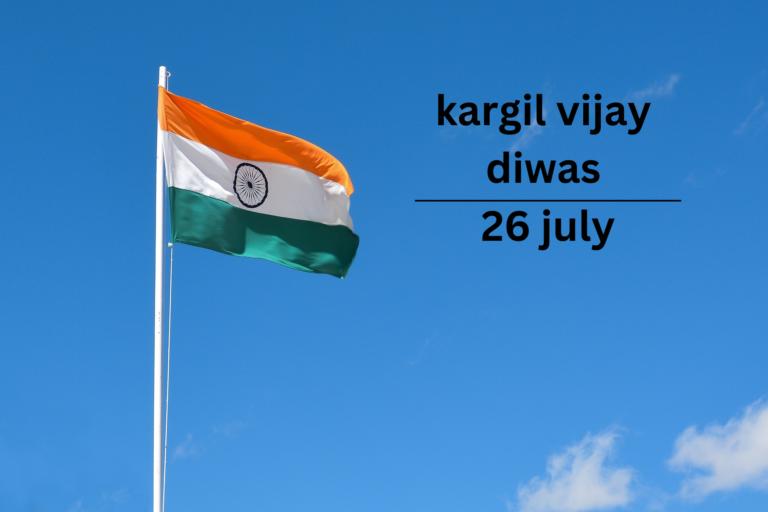Dashama Vrat is a significant Hindu festival primarily observed in the Indian state of Gujarat and Diu. It's a ten-day religious vow (vrata) dedicated to Goddess Dashama, also known as Momai.

Dashama, also known as Dashama Vrat, is a significant festival celebrated in the western parts of India, particularly in Gujarat and Rajasthan. The festival honors Goddess Dashama, an incarnation of Goddess Shakti.
Dashama Vrat story :
Once upon a time, there lived a king Abhay Singh and his queen. They were very religious and worshipped Dashma Mata. Once they observed Dashma Vrat, but by mistake they could not follow some rules. Due to this mistake, famine and drought hit their kingdom. The king and queen were very sad and they apologized to Goddess Dashma. Goddess Dashma appeared and told them that they had not followed the rules of the fast, so they had to suffer this. The goddess told them how to observe the fast in the right way and said that if they did so, all their problems would go away. The king and queen observed the fast as told by the goddess and worshipped with full devotion. The goddess was pleased and blessed the king and queen. Happiness and peace came back to their kingdom.
Cultural significance of Dashama Vrat
Dashama Vrat holds a deep significance in the culture of Gujarat. It is not only a religious ritual but also a social and family occasion. Women mainly observe this fast and during this time they share stories, experiences and recipes with each other. This creates a strong bond in the community.
The fast is also a means of spiritual growth and discipline. The ten days of fasting, prayer and introspection provide devotees an opportunity to look within themselves and deepen their faith.
Mythological Significance
Goddess Dashama’s Legend:** The story of Dashama is rooted in Hindu mythology, where she is revered as a form of Goddess Shakti. According to the legend, Dashama is believed to protect her devotees from evil and bring prosperity and happiness to their lives.Cultural Importance
– **Preservation of Traditions:** Celebrating Dashama helps in preserving and passing down traditional rituals and customs to future generations. This includes the making of clay idols, performing aartis, and singing bhajans (devotional songs).
– **Folk Practices:** The festival includes various folk practices, such as setting up temporary altars in homes and community spaces where the deity is worshipped for ten days.Social Aspects
– **Community Engagement:** The festival is a time for community bonding. People come together to organize processions, fairs, and cultural programs, fostering a sense of unity and cooperation.
– **Charity and Good Deeds:** Many devotees engage in charitable activities, such as distributing food and essentials to the needy, during the festival, reflecting the spirit of compassion and generosity associated with Dashama.Personal and Familial Devotion
– **Household Rituals:** Families often perform special rituals and prayers at home, seeking the blessings of Dashama for health, wealth, and protection from misfortunes.
– **Fasting and Vows:** Many devotees observe fasts and take vows during the festival as acts of devotion and to seek the fulfillment of specific wishes or desires.Symbolism and Beliefs
– **Purification and Renewal:** The festival is seen as a time for spiritual and physical purification. Devotees believe that worshipping Dashama helps cleanse their sins and renews their faith and devotion.






